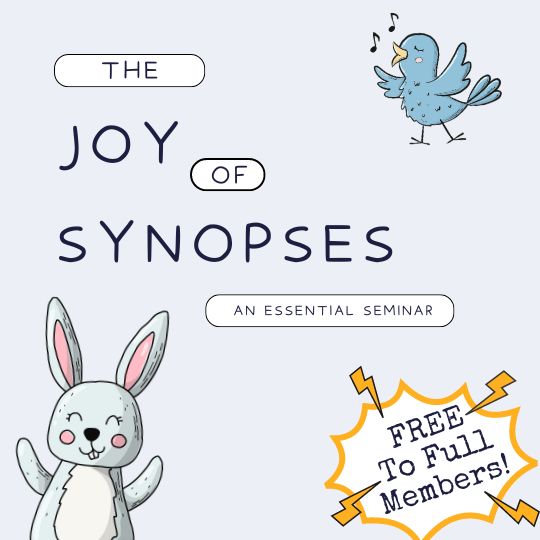This is a thread about melodrama.
It's also another one of my lets-talk-about-craft threads. Brace yourselves.
I came to this writing malarkey not so long ago, and the first stories I wrote were melodramatic tours de force, broad-brushed, sensationalist, derivative and trite.
I've tried to do better.
What it seems I have in fact done is to develop a pathological fear of melodrama, which means I'm now often criticized for being too dry, flat or matter of fact. It'd be nice to find the sweet spot.
So my question is this. What do you do, lovely writer reading this, when you're faced with transmitting strong emotions but you don't want to take a stroll down melodrama lane?
It's also another one of my lets-talk-about-craft threads. Brace yourselves.
I came to this writing malarkey not so long ago, and the first stories I wrote were melodramatic tours de force, broad-brushed, sensationalist, derivative and trite.
I've tried to do better.
What it seems I have in fact done is to develop a pathological fear of melodrama, which means I'm now often criticized for being too dry, flat or matter of fact. It'd be nice to find the sweet spot.
So my question is this. What do you do, lovely writer reading this, when you're faced with transmitting strong emotions but you don't want to take a stroll down melodrama lane?



